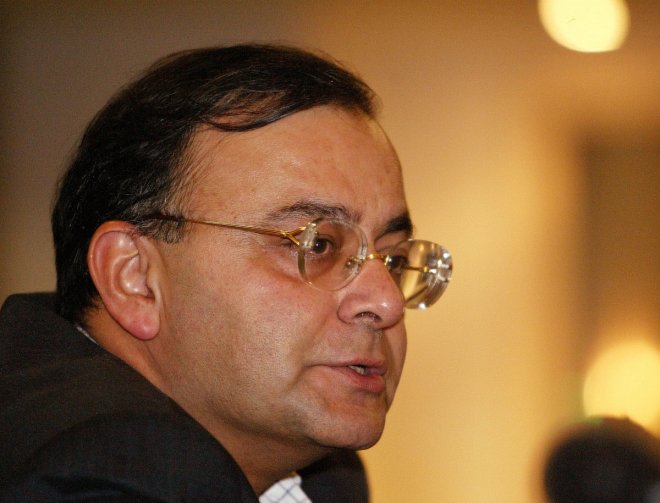
Indian economic growth in the fiscal year ending March 31 is seen affected adversely by the demonetisation move by the government this fiscal year and weighed down by the slowing of industrial growth , according to a government survey released on Tuesday (Jan 31).
The survey, which has come a day ahead of the Union Budget for the 2017-18 fiscal year has projected a GDP growth of 6.75-7.5%. Finance Minister will table the Budget on Wednesday (Feb 1).
The Central Statistics Office earlier had projected a growth of 7.1% 2016-17 but it was not taking into account the the impact of withdrawal of 500 and 100 rupee currency notes last November on consumption.
Later, the International Monetary Fund had pared its growth projections for India to 6.6% for 2016-17 and 7.2% for 2017-18.
The survey pointed out that the demonetisation move, despite having long-term benefits, will affect the growth rate by 0.25-0.5%. The report said growth will return to normal as new currency comes in circulation.
According to the survey, growth rate of industrial sector will slip to to 5.2% this fiscal, from 7.4% last fiscal and added that fiscal gains from the rollout of the new country-wide tax structure called GST will take time to realise.
The growth forecast for this fiscal year also captures a drastic upside in the farm sector expansion, pegged at 4.1%, compared to 1.2% growth recorded last year. This optimism is despite another view of the survey that demonetisation may have affected supplies of certain agricultural products like sugar, milk, potatoes and onions.
The survey figures have reflected the likely fiscal windfall from Pradhan Mantri Garib Kalyan Yojana and low oil price, the report showed.
The Jan 31 survey has projected a GDP growth for the next fiscal of 6.75-7.5%, and added that GST and other structural reforms should take the trend growth rate to 8-10%.
With respect to taxes, the survey has prescribed to cut in individual I-T rates and real estate stamp duties and said that the Income Tax net could be widened gradually by encompassing all high income earners.
The survey also said the time table for cutting corporate tax should be accelerated and tax administration could be improved to reduce discretion and improve accountability.
Efforts to collect taxes on disclosed and undisclosed wealth should not lead to tax harassment, the survey suggests and stated that the Universal Basic Income Scheme is an alternative to plethora of state subsidies for poverty alleviation.
India's share indices were down tracking global cues while the rupee managed to stay near the 3-week high fetched in the previous day helped a broadly weak US dollar.
At 3pm in Mumbai, the benchmark share index BSE Sensex was down 0.33% on the day and USD/INR traded at 67.81 from the previous close of 67.84.
The pair had traded a range of 67.75-67.91 on Tuesday compared to Monday's intra-day low of 67.76, and at today's lowest was the Indian unit's strongest since 6 Jan.
Asian share indices continued to slide on Tuesday, led by Japan's Nikkei, Singapore's STI, and South Korea's KS11, amid concerns Trump's policies will continue to fuel geopolitical tensions and keep aside growth agenda in the world's largest economy.








